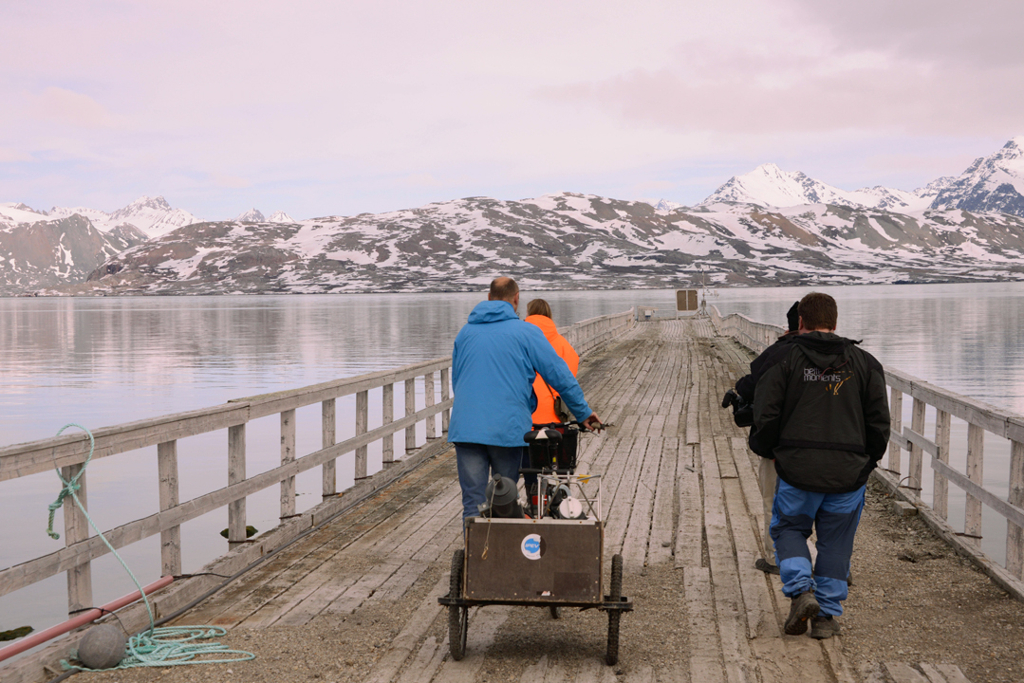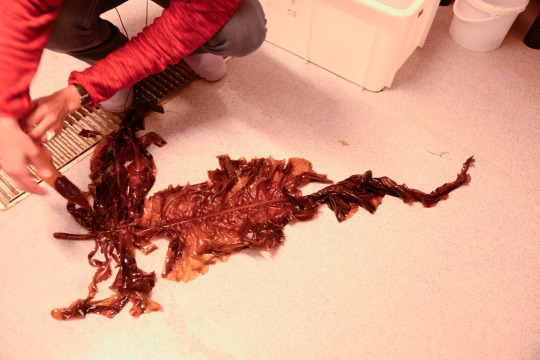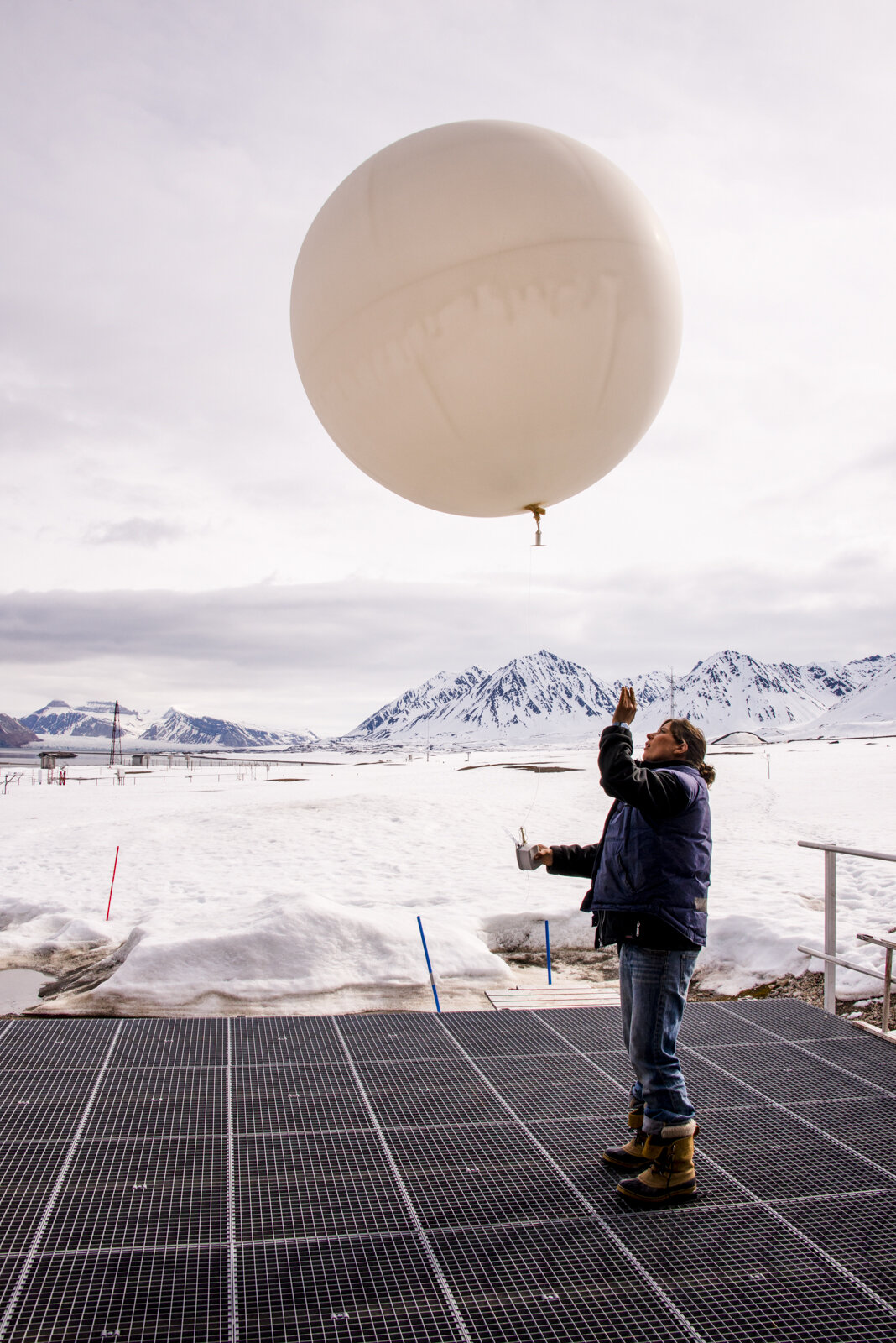June 9 - Ny-Ålesund
Video by Bill Megalos
A day of science at Ny-Ålesund.
Ny-Ålesund has many science teams that travel here throughout the world to study the Arctic conditions on their special field of interest.
The current teams are:
Dirigible Italia
Vittorio Pasquali
Researching the Lepidurus Articus (small crustacean)
University of the Netherlands
William Van de Poll & Gemma Kulk
Monitoring phytoplankton in the arctic
University of Oslo
Dr Ketil Hylland & Anne Haar
Researching the effects of pollutants on Glaucous gulls and other marine birds DNA structure
Alfred Wegener Institute
Dr Inka Bartsch & Dr. Katrine Zacher
Studying the impact of climate change on the Kelp population.
The Norwegian Polar Institute
Dr. Uver
An atmospheric scientist working with the Norwegian Institute for Polar Research, monitoring atmospheric gasses in Ny-Ålesund since 1987
After breakfast we visited William Van de Poll and Gemma Kulk, who are accessing the physical condition of the phytoplankton in the water column of Kongsfjorden. Phytoplankton is the basis for the vast majority of oceanic and also many freshwater food webs.
Will a change in temperature and light affect the productivity of phytoplankton?
William Van de Poll
Gemma Kulk (carries a rifle which must be done on the island in case of polar bear attack)
Taking their equipment down to the wharf to collect phytoplankton samples.
Dr. Ketil Hylland and Ane Haarr measure the damage caused by long range pollutant’s that are transported by wind and ocean currents to the Glaucous Gulls in the Arctic. These gulls are a top predator and therefore a great arctic bird to study with respect to accumulated pollutants. They compare the contaminant level with the amount of genetic damage that occurs by separating the DNA from the nucleus of blood samples collected.
Dr. Ketil Hylland
Ane Haarr
Glaucous Gull
Dr. Katrine Zacher
Dr. Inka Bertsch
Divers collecting Kelp from the ocean floor.
Kelp specimen in the Marine Biology Laboratory.
Divers retrieve kelp samples from Kongsfjorden. These samples will be tested to determine the effects of increase radiation on the kelp population.
The Zeppelin Observatory is the arctic monitoring station for atmospheric gasses. Dr. Uver’s team launches atmospheric balloons to monitor the global changes in ozone depleting substances and greenhouse gasses that are occurring above the arctic ocean.











